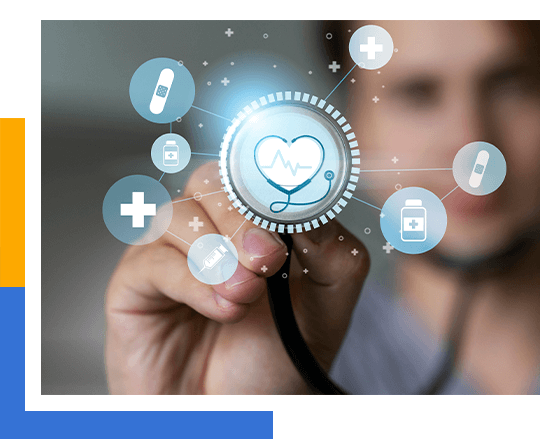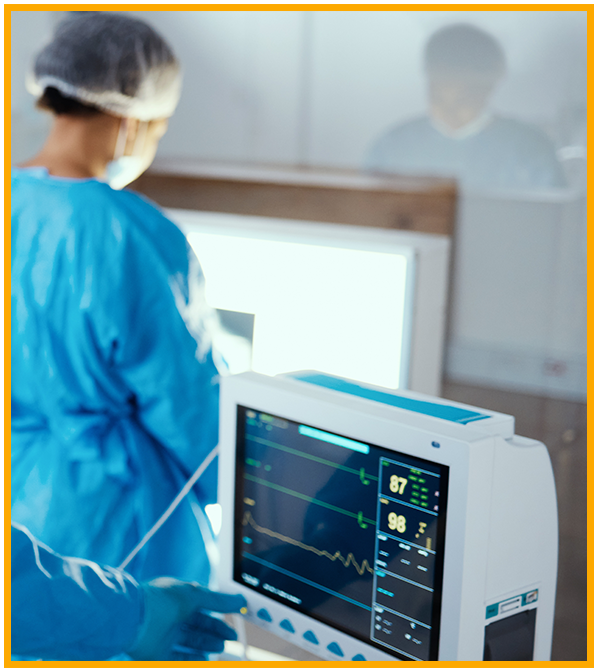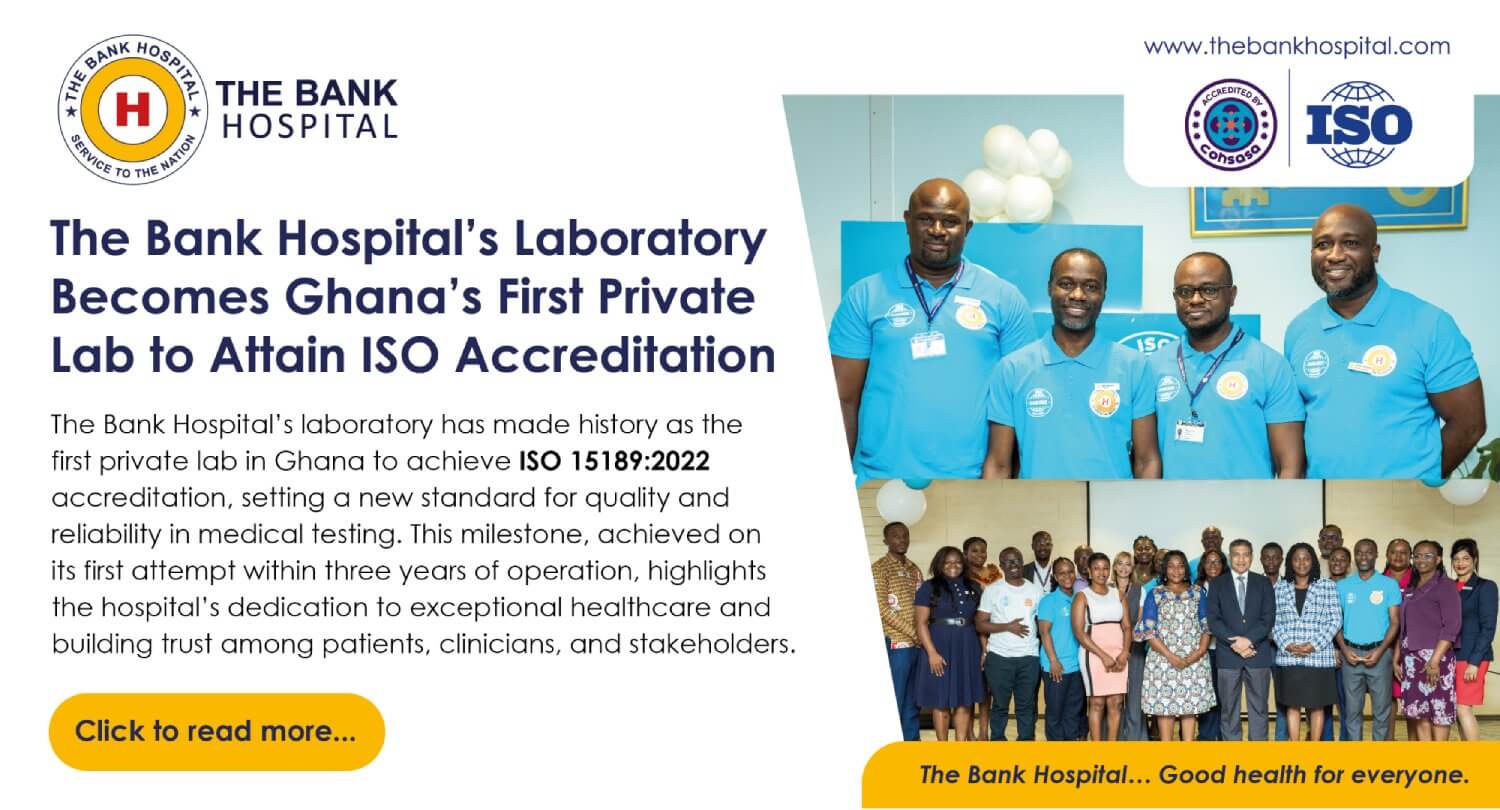Our practice involves the use of tissues, organs, and bodily fluids such as blood, urine, CSF etc. to detect, diagnose and monitor treatment of diseases through testing in all aspects of laboratory medicine including transfusion medicine.

The Bank Hospital is equipped with state-of-the-art equipment as well as qualified human resource capable of performing a wide range of haematology, medical microbiology, immunoassay and chemical pathology test.
Our practice involves the use of tissues, organs and bodily fluids such as blood, urine, CSF etc. to detect, diagnose and monitor treatment of diseases through testing in all aspects of laboratory medicine including transfusion medicine.
Your health is our top priority. Click here to

Key Benefits
This area of diagnostic medicine helps in the detection of potential development of disease, diagnosis of disease, identification of cause or severity of disease, monitoring disease progression, monitoring the effects of treatment and more.

Our Commitment
Our highly skilled and qualified healthcare providers employ the most effective techniques to provide the best healthcare services to our clients.

Health Tips & Info
Our services include but are not limited to:
Chemical Pathology
- Glucose metabolism
- Lipid metabolism
- Endocrinology
- Thyroid function
- Liver Function
- Renal Function
- Cardiac Function
- Iron Studies
- Reproduction / Fertility
- Tumor Markers
Haematology
- General Haematology
- Special Haematology
- Transfusion Medicine
- Coagulation Studies
Medical Microbiology
- Bacteriology
- Blood Culture
- Urine Culture
- Stool Culture
- CSF for Culture
- All Aspirates for Culture and Sensitivity
- Miscellaneous culture
- Virology
- Serology
Molecular Diagnostics
- PCR testing including SARS-COV-2


